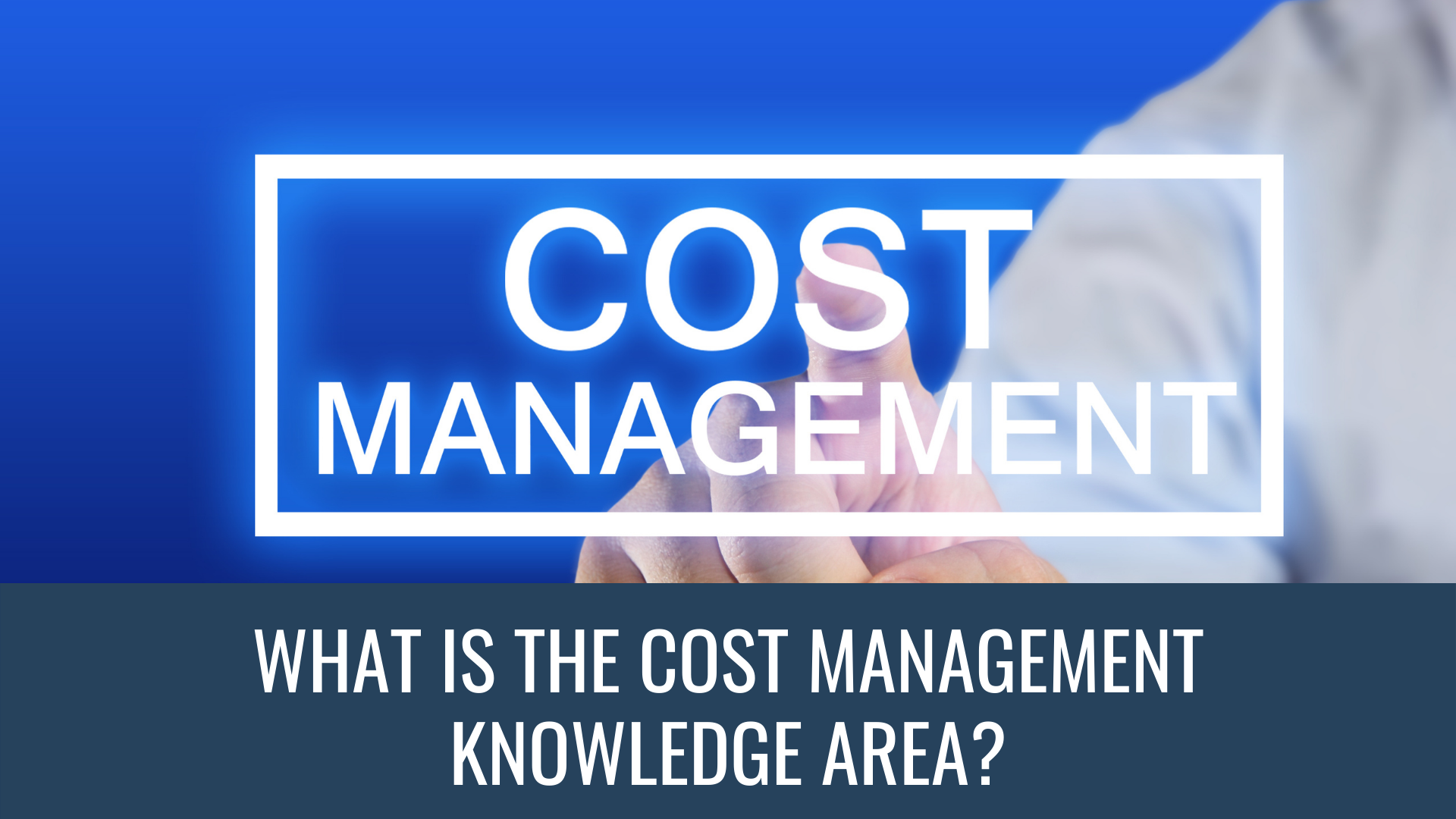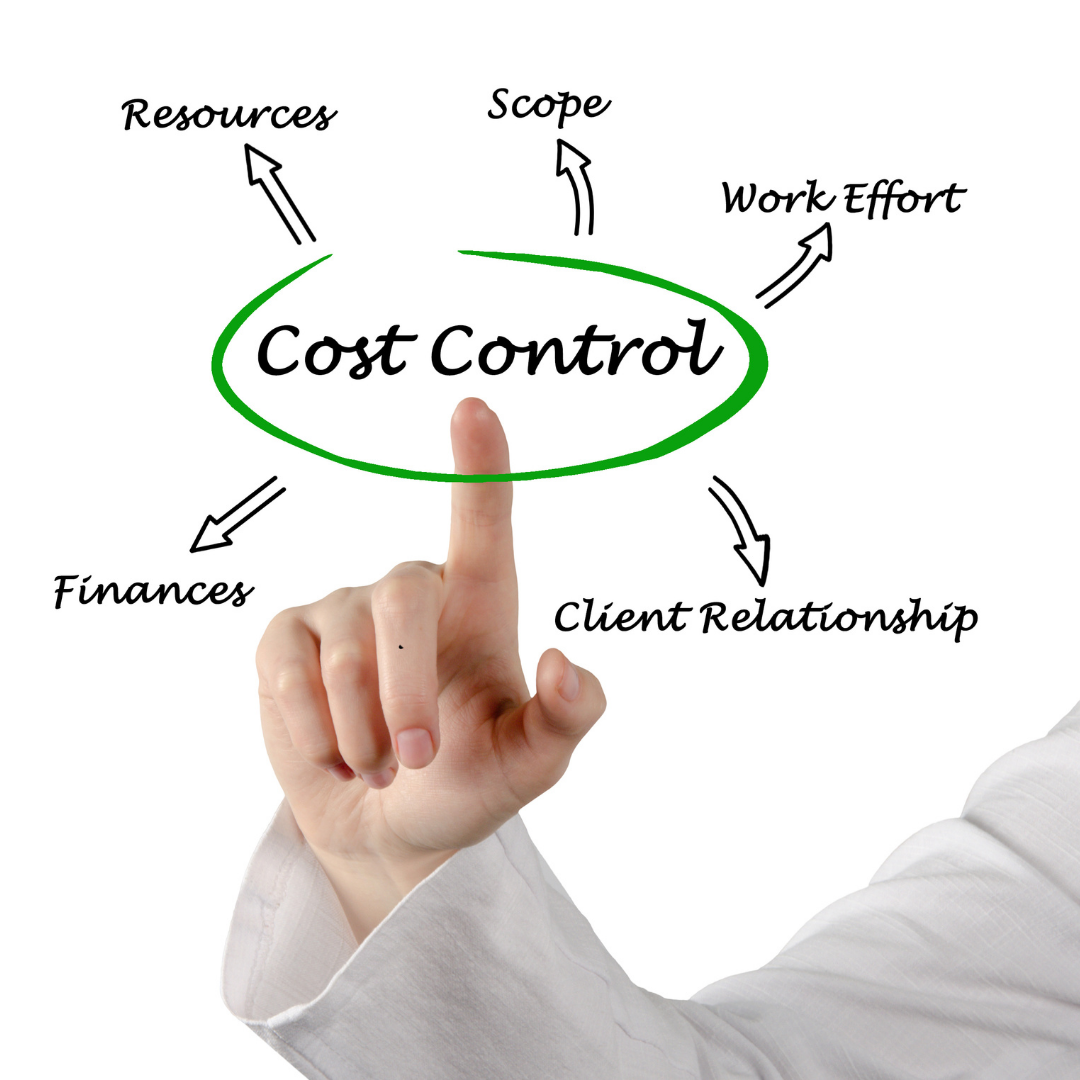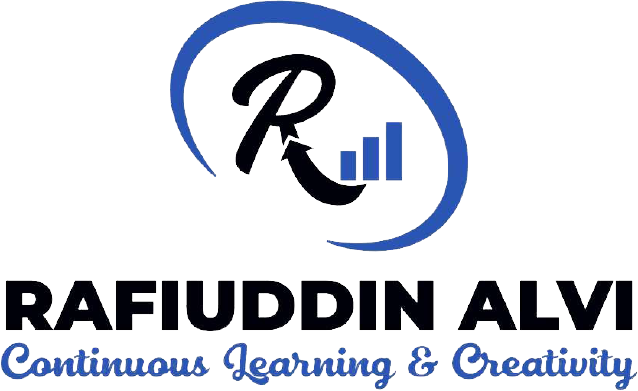
The cost management knowledge area is a collection of procedures established by the Project Management Institute (PMI) as part of the Project Management Body of Knowledge PMBOK. It is required to execute a project within the allocated budget. It entails defining the project’s budget and monitoring and managing expenditures to ensure that the budget is met. A Work Breakdown Structure (WBS) is developed when a project is ready to start as a breakdown of the project specifications, objectives, and deliveries. Cost Management is made more accessible with a detailed WBS.
Understanding Cost Management
Each deliverable and activity have a cost associated with it after the project scope has been precisely defined and all project activities have been decided. Project resources will contribute to projects, including such expenses and salaries because they conduct activities.
Projects will also include purchasing equipment, tools, and supplies, all of which must be budgeted for. The primary focus of cost management is on the costs of resources required to accomplish the project. Cost management continues to assess and monitor cost performance after the budget has been established to ensure that the project stays within the agreed-upon budget.

How To Accomplish Cost Management?
Four stages make up cost management. Three processes are part of the planning group, while the fourth is part of the monitoring and control group. Cost management is critical to a company’s bottom line since going over budget eats into profit margins and may also harm client relationships due to additional expenditures and project delays. Procurement experts who grasp cost management may help their firm remain competitive in cost and anticipate and proactively address consumer demands.
Processes In Cost Management Knowledge Area
There are FOUR processes in Project Cost Management. Three of them belong to the planning process category because they deal with project budgeting. The last one belongs to the Monitoring and controlling process group since it entails budget control throughout project execution.
Plan
Plan Cost Management is the first of the procedures in the knowledge area. It entails the creation of a cost management plan as part of the general project management strategy. This paper lays out how project expenses will be planned, organized, and managed.
For earned value management, it might include the level of certainty and precision, controlling thresholds, and performance measurement procedures.
Cost
During this phase, the project manager and many other members of the project team will collaborate to develop a strategy for determining the budget, estimating expenses, and managing costs throughout the project’s life cycle. On the other hand, a top-down method is typically faster and less precise, although it might be useful in some situations. Analogous, parametric, & three-point estimating approaches are used to estimate each job.
Budget
After all of the estimates have been completed, the cost estimates are pooled to generate the entire project budget in this step of cost management. There are numerous parts to the project budget. Because a time-phased cost baseline is seldom used for short projects, the Estimate Costs and calculate budget stages can be seen as a single step. Contingency reserves are included in the budget in addition to all activity cost estimates to cushion the budget for risks that may arise throughout the project.
Reporting
Because it is based on prior spending and the project timeline, progress reporting is an important aspect of cost management. To ensure that everything continues on track, it’s critical to assess if you will finish the remaining project tasks within the remaining budget and timeframe frequently. One must inform all relevant stakeholders of the progress. If variations from the original plan are anticipated, this allows you to take corrective action to bring the project back on schedule and under budget.
Conclusion
One of the simplest ways for a project to go wrong is poor project cost management. As a result, effective project management necessitates a thorough understanding of project budgeting and cost control principles and methodologies. The PMBOK thankfully provides us with a solid basis in this area.
Visit our website or contact us for more information and suggestions on passing the PMP test.

